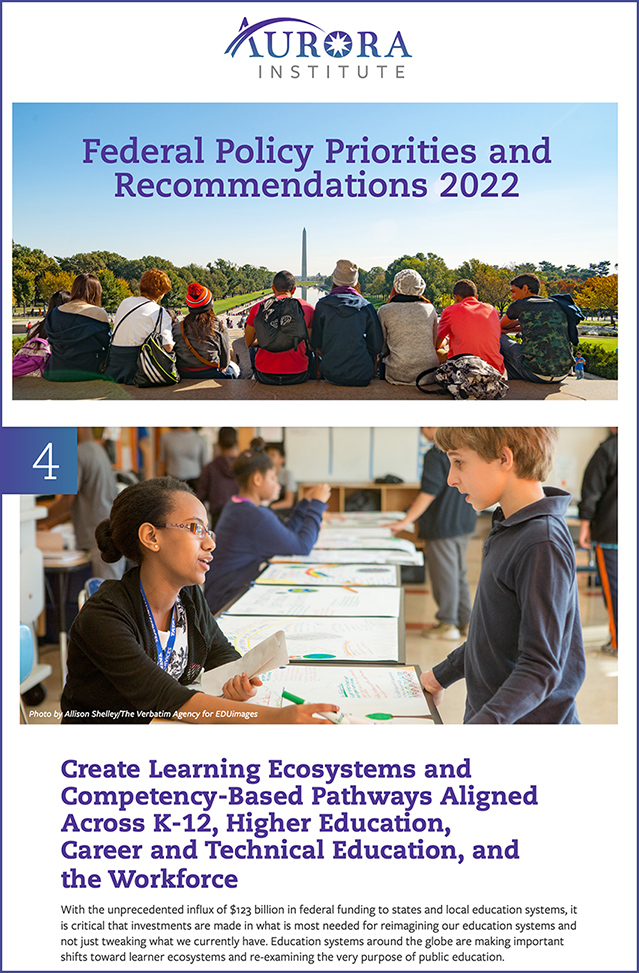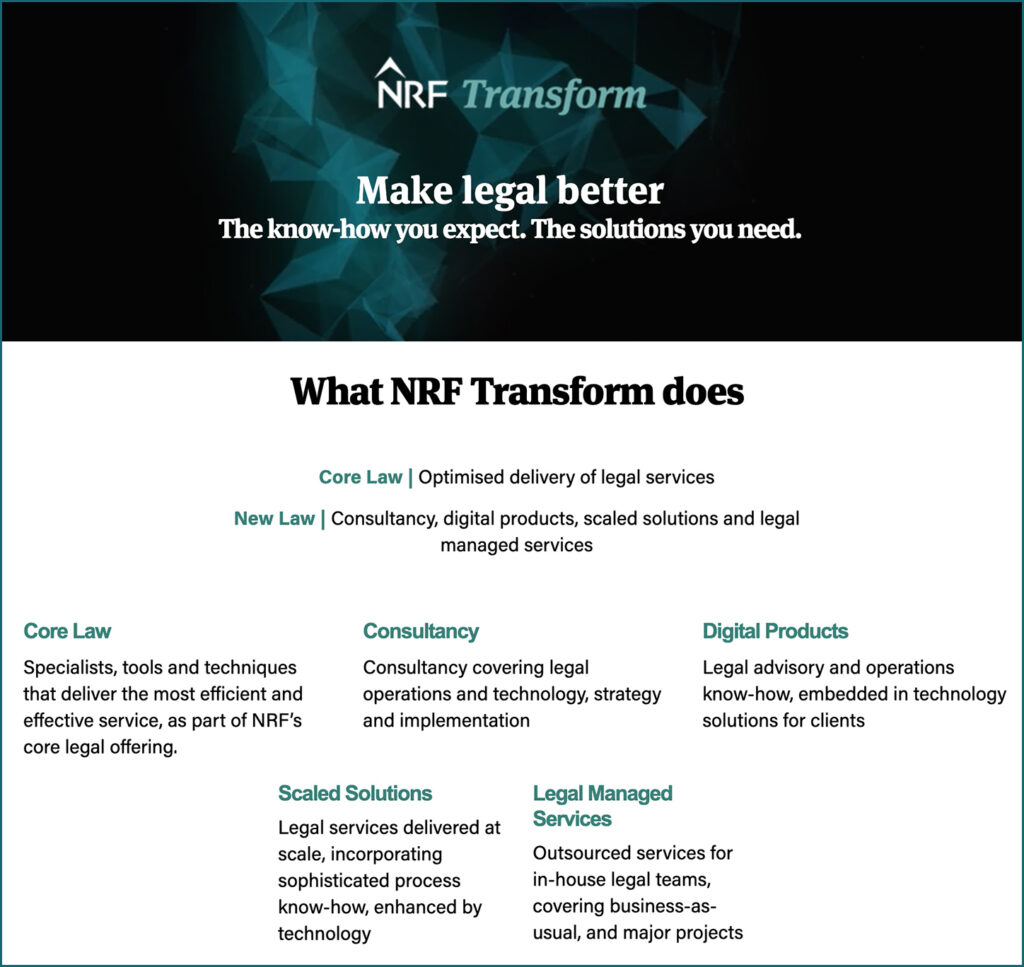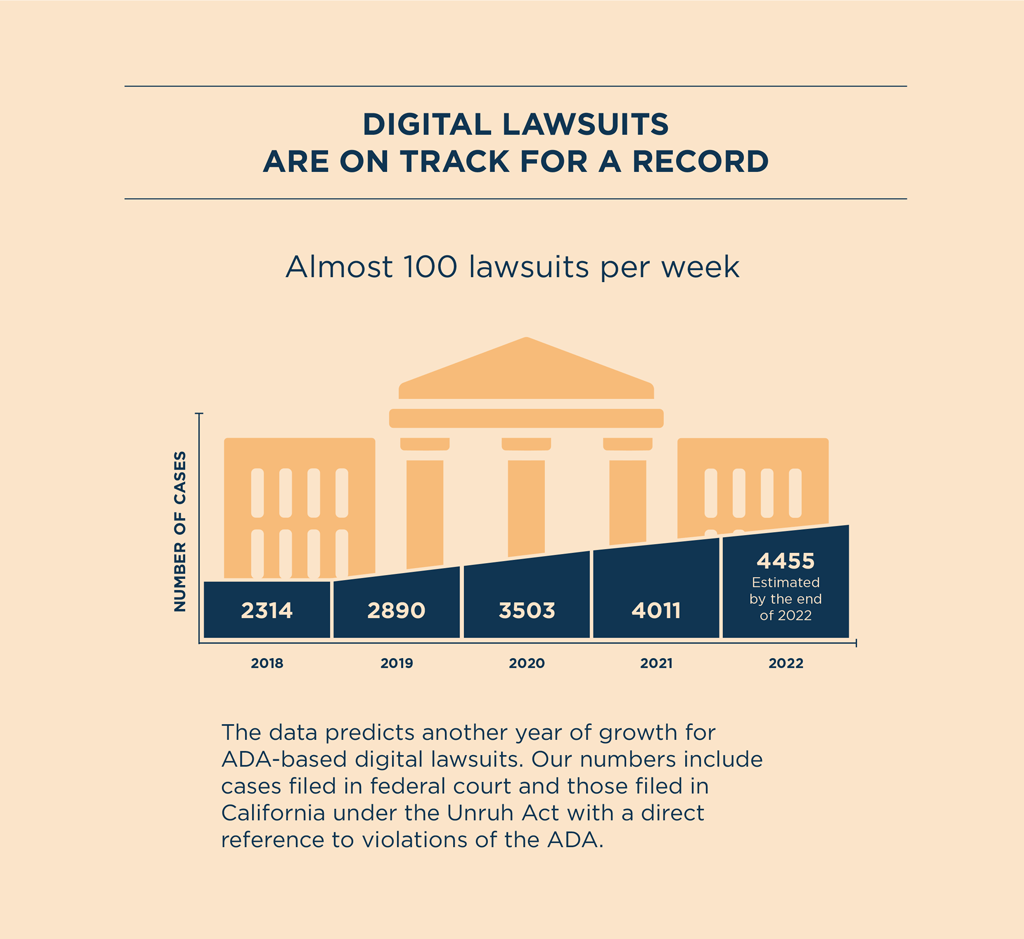Lawyers trying to strangle alternative legal advice — from calmatters.org by Dan Walters
“Scope of practice” conflicts are common in the California Legislature and one is a bill that would forbid the State Bar from exploring alternative legal services.
Excerpt:
There is, however, a darker side to California’s licensing system. It gives licensees monopolies over specific services defined by the Legislature.
Therefore, who is legally authorized to provide what service is ultimately as much a political issue as one of professional competency. No session of the Legislature is complete without at least one “scope of practice” battle.
Also relevant/see:
ABA Sides Against Opening Law Firms Up to New Competition — from news.bloomberglaw.com by Sam Skolnik
Excerpt (emphasis DSC):
The American Bar Association is pouring cold water on efforts to loosen restrictions on who can own law firms, including moves that could open firms up to new competition from corporations.
The group’s House of Delegates on Tuesday passed a non-binding resolution discouraging changes to state rules barring the sharing of legal fees with non-lawyers. But it also encouraged state bar groups to explore innovations designed to increase access to justice by making legal services more affordable.
“By reaffirming our core value of independence of the legal profession and the prohibition against nonlawyer ownership, the ABA House’s action today is a huge victory for all lawyers,” said Foley Hoag partner Stephen Younger, a previous president of the New York State Bar Association.
From DSC:
Yes…that emphasized part of the last paragraph seems to say it all. A victory for lawyers, but not a victory for the American people. Not for those who are trying to access the legal system. Not for those who are fighting to provide more access to justice.
Addendums on 8/13/22:
Attorneys: It’s OK if you didn’t pass the #barexam. The exam doesn’t test minimum competence anyway.
The same attorneys: Allowing a JD holder to be a licensed and regulated paraprofessional serving family law clients in very limited case types is a terrible idea.
— Natalie Anne Knowlton (@natalalleycat) August 10, 2022
***
And it’s not just in the United States either:
“If the Benchers of the Law Society of Ontario wish to preserve the privilege of self-regulation, they should be careful to avoid suppressing competition and exacerbating A2J problems.” Be ready to hear “regulatory capture” with increasing frequency re: legal services regulation. https://t.co/bMj2GDPvQw
— Jordan Furlong (@jordan_law21) August 11, 2022
***
How Did Legal Services Get So Unaffordable, and What Are We Going to Do About It? — from chicagobarfoundation.org
Excerpt:
Over the past 50 years, we gradually have gone from a time in our country where the average middle-class person or small business generally could find affordable legal services when they needed them to a time today where everyday people struggle to afford legal help and lawyers often joke that they could not afford their own services if the need arose.












